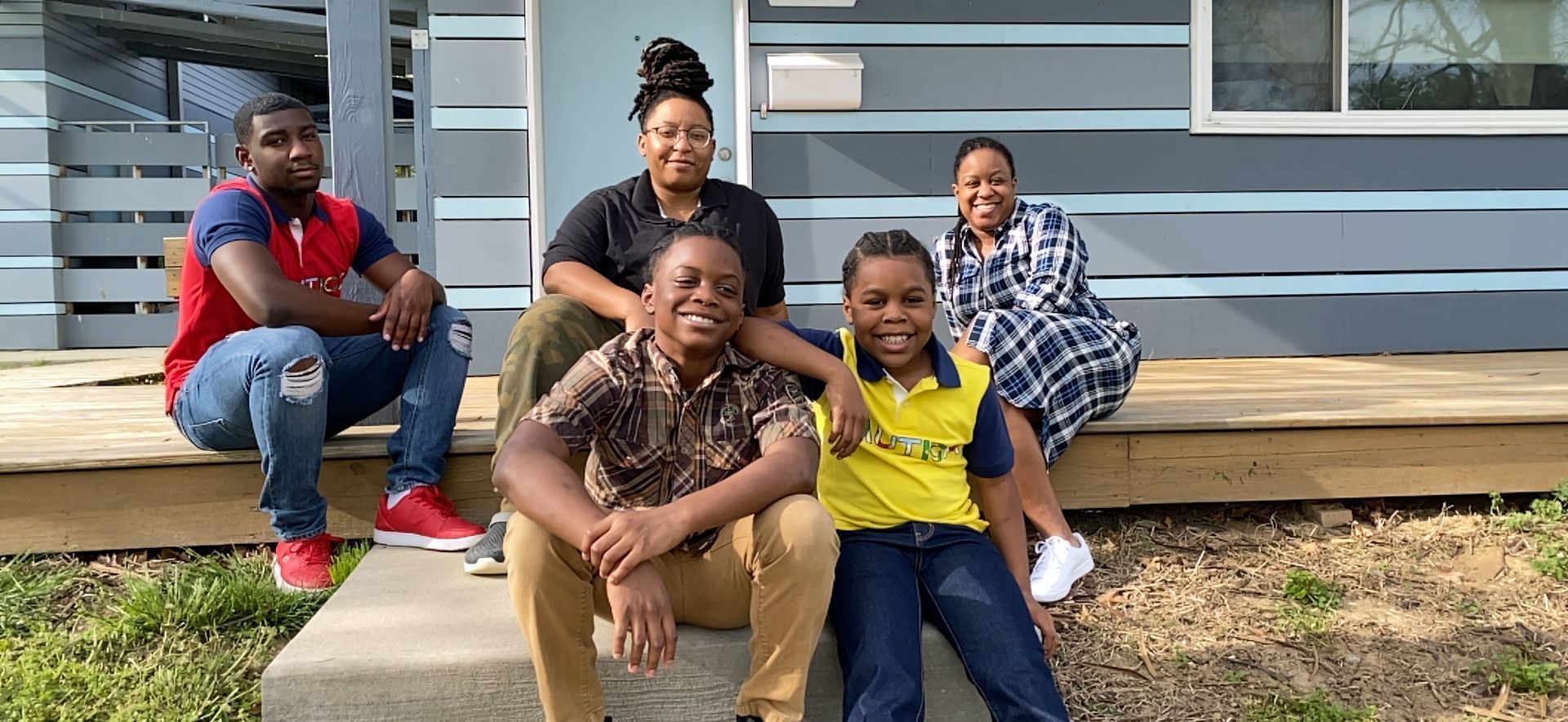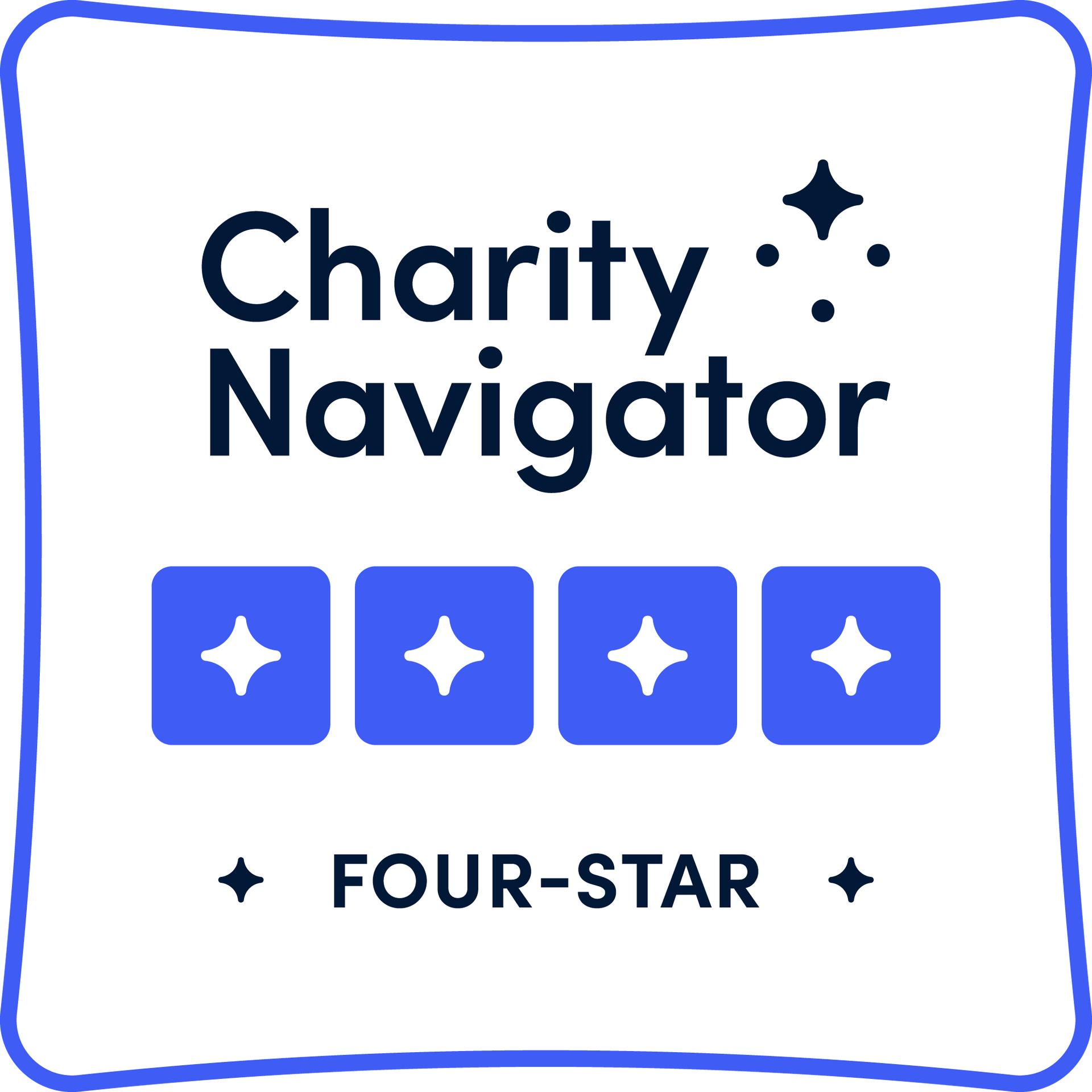(585) 546-1470 • Habitat@GRHabitat.org • 755 Culver Road, Rochester, NY, 14609
Advocacy at Habitat
Join us in advocating for affordable homeownership in the Greater Rochester area.
What is Advocacy?
Habitat for Humanity defines advocacy as changing policies and systems to eliminate barriers to adequate, affordable housing in order to create a world where everyone has a decent place to live.
In other words, while not visible like homes themselves, the laws, rules, and regulations that govern the construction, sale, and preservation of affordable housing directly influence Habitat’s ability to serve families in our community. Smart policies facilitate access to homeownership for low to moderate income families, and reduce the barriers that limit Habitat's ability to acquire land, build homes, and sell those homes at an affordable price. By prioritizing advocacy at the local, state, and federal levels, we can reshape policies to support our communities and help more families achieve sustainable homeownership.

Why is Advocacy Important?
Families across the Greater Rochester region are struggling with unprecedented challenges as they pursue stable homeownership, including:
- Lack of Affordability - In GRHFH’s service area, nearly one third of households are cost burdened. Among households making less than $50,000 a year, over two-thirds are cost burdened (cost burdened is defined as spending over 30% of income on housing).
- Lack of Supply - There is a severe shortage of affordable housing options for first-time homebuyers, forcing families with limited incomes to remain in unstable rental situations and shutting them out of homeownership.
- Lack of Preservation - Current homeowners, especially those who are older and/or living on fixed incomes, cannot afford the repairs and modifications necessary to maintain healthy living conditions. Homeowners are often forced to make difficult financial tradeoffs to remain in their homes, or to relocate altogether.
Greater Rochester Habitat for Humanity is uniquely positioned to tackle these challenges head-on. By advocating for policies and initiatives that facilitate affordable homeownership, we can address the growing housing crisis, help break the cycle of poverty, and provide families with the stability they need to thrive.
Greater Rochester Habitat's Legislative Agenda
Expand federal support for affordable housing across the U.S.
Habitat U.S. has identified three public policy pillars that will guide our efforts to influence change at the national level in 2025:
• Increase affordable homeownership supply: Record high home prices are primarily driven by a record low supply of for-sale homes – particularly affordable, entry-level “starter” homes. Habitat will advocate for policies aimed at lowering the costs and barriers to affordable single-family home construction.
• Ensure equitable homeownership access: Access to decent, affordable homes remains limited in rural areas and communities of color, leaving millions of low-income households out of rising economic prosperity. Habitat will advocate for policies that equitably increase access to credit and favorable home financing.
• Improve homeownership resilience: Rising property taxes, insurance premiums, and critical home repair needs all present challenges to maintaining affordability. Habitat will advocate for policies that enable homeowners of all backgrounds to retain their homes and build wealth without the strain of additional cost burden.
Ensure fair taxation of affordable homes
Under NYS’ current property tax system, Habitat homes are assessed at fair market value, failing to account for the various local, state, and federal subsidies used to make the purchase price affordable the families we serve. This practice exacerbates affordability challenges and restricts our ability to build homes in higher opportunity areas.
Bill A355B would enable municipalities to apply a discount of 25-75% to the fair market assessment of single-family homes sold by non-profit housing developers to low-income families. The bill protects local control by requiring to implement the discount.
Increase access to homeownership for first-time homebuyers
Bill A787/S3150, also known as the HOME Act, would provide $10,000 toward down payment and closing cost assistance for first-time homebuyers.
Bill A5098/S1157 would allow prospective first-time homebuyers to establish savings accounts specifically for the purpose of buying a home. Deposits into these accounts would be tax-deductible, up to $5,000 for individuals and $10,000 for married couples.
Promote economic self-sufficiency for disadvantaged youth
Bill A478 would authorize the NYS Dept. of Labor to award grants for “YouthBuild” programs that provide disadvantaged youth with workforce development opportunities, including job training, hands-on construction experience, and job placement.
Increase state investment in housing preservation
Current homeowners are often forced to make uncomfortable financial tradeoffs in order to keep their homes healthy and safe. NYS must prioritize policies and programs that subsidize critical home repairs and accessibility improvements for low-to-moderate income homeowners.
Work with municipalities to facilitate land acquisition
Persistent delays and bureaucratic inefficiencies put a strain on the ability of non-profit housing developers like Habitat to identify, purchase, and develop vacant lots. Municipalities must work to facilitate land acquisition by:
• Reserving city-owned lots for non-profit developers
• Simplifying the approval process for lot purchase
• Maintaining an up-to-date record of all available lots
Embrace modular homes as an alternative to traditional stick builds
Modular homes are a cost-effective, efficient way to provide quality single-family housing at scale. Habitat will promote modular construction by:
• Working with municipalities to streamline approvals for modular construction
• Educating municipalities and community members on the benefits of modular housing
• Ensuring that modular housing qualifies for local affordable housing subsidies
A downloadable PDF version of GRHFH’s full legislative agenda is available here.
We encourage you to share our agenda throughout your network and local community.
How Can I Get Involved?
- Follow GRHFH on Instagram and Facebook at @RocHabitat.
- Share GRHFH's Legislative Agenda within your own network.
- Contact your local Representative's office
- Find your State Senator
- Find your Assemblymember
- Sign up below to stay updated on the latest advocacy news from GRHFH.
Stay informed
Sign up to get the latest news, volunteer opportunities, and other ways to get involved with Habitat for Humanity.
Flower City Habitat for Humanity DBA Greater Rochester Habitat for Humanity is a 501(c)(3) non profit recognized by the IRS. Tax Id Number 13-3281487.





